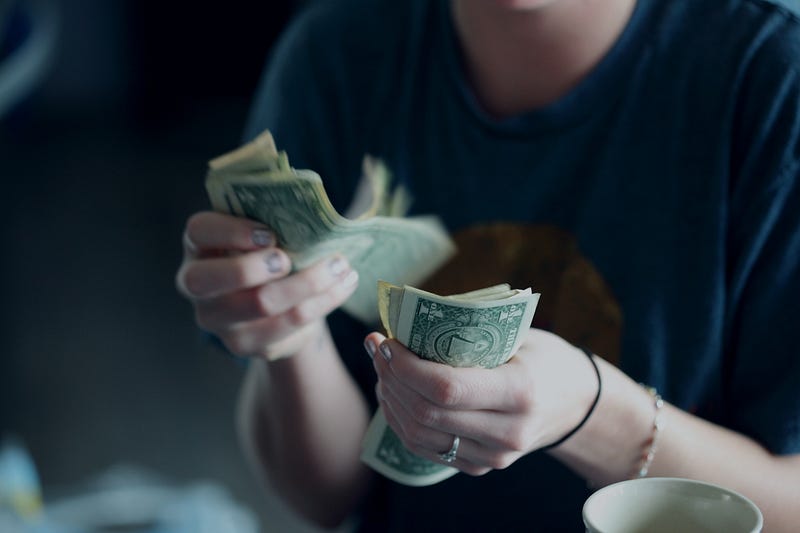Exploring Naltrexone for Alcohol Control: My Journey and Insights
Written on
Understanding Naltrexone
For those unfamiliar, Naltrexone is a medication aimed at helping individuals manage their alcohol intake. It works by diminishing cravings and obstructing the release of endorphins associated with drinking, as it blocks specific brain receptors.
After hearing about this so-called miracle drug, I was eager to learn more and stumbled upon the Sinclair method, which outlines its efficacy. However, I faced significant obstacles when I initially sought to acquire Naltrexone through legitimate medical channels. I was told I had to travel over 100 miles for an appointment with someone who wasn’t even a licensed doctor. This endeavor would cost me over £1000 just to cover his fees, on top of the cost of the medication itself.
I found this to be quite exploitative. Many individuals struggling with alcohol dependency could never afford such expenses. My conversations with this individual, who appeared professional yet seemed to be profiting from the vulnerable, left me feeling manipulated. If he were truly compassionate, he would offer his services at a reasonable rate.

Fortunately, my relationship with alcohol wasn't too severe. I knew I could abstain if necessary; my goal was simply to experience what Naltrexone had to offer, and I was hoping for a simple solution to my challenges.
After some diligent research, I discovered that Naltrexone could be obtained affordably from online pharmacies, conveniently delivered to my doorstep. So, does it really work?
Yes, but with some reservations. My journey with Naltrexone revealed that while it is effective, it ultimately wasn't the right fit for me. The regimen requires taking the medication at least one hour before drinking, allowing it to block those receptors that create that desirable warm sensation we often seek from alcohol.
It's crucial to avoid eating during this hour. I learned this the hard way—if you eat, the medication seems to lose its effectiveness, leaving you as inebriated as before.
Once the hour has passed, you can enjoy a drink or two of your preferred beverage, which for me was red wine. However, the anticipated feeling of relaxation simply does not materialize.
This can be distressing! While it does eliminate the urge to continue drinking, you are left with a peculiar sense of emptiness as you gaze at the leftover wine, acutely aware that it will not provide the expected satisfaction.
Interestingly, I found that the following morning after taking Naltrexone, I craved alcohol more than ever. Historically, I never felt the urge to drink in the morning, but the day after taking the medication was different. It seemed my body recognized that alcohol had been present and was now demanding the pleasurable sensations it had come to expect.
You could choose to continue taking Naltrexone, which could be beneficial for those struggling with morning cravings. However, I realized that I might not have had a severe enough drinking issue to necessitate this medication. Nonetheless, I can see how it could be transformative for others.
Ultimately, I opted for a cold turkey approach, read extensively about quitting, indulged in plenty of cake, and forged connections with new sober friends. This decision has proven to be one of the best I've made, and nearly two years later, I'm still enjoying the rewards of my sobriety.